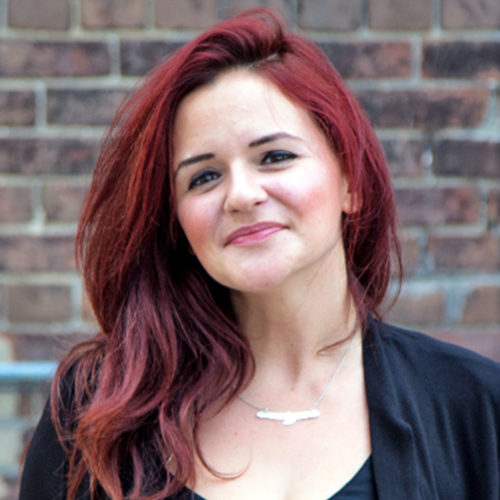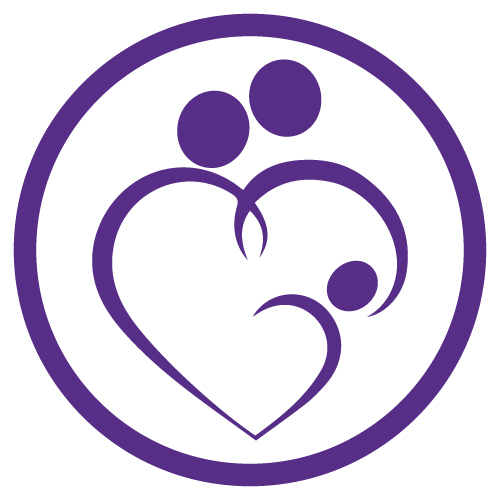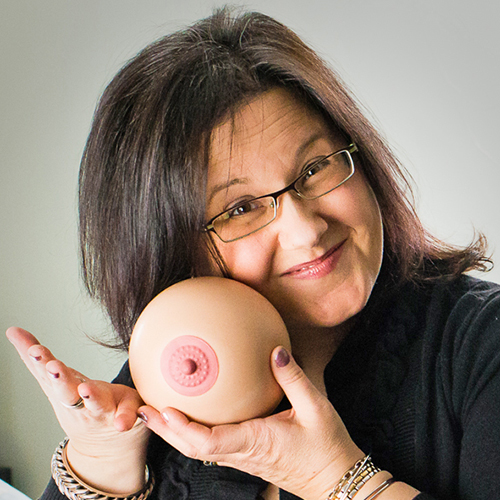 IBCLC Detailed Content Outline: Clinical Skills Focused CERPs - Section VII
IBCLC Detailed Content Outline: Clinical Skills Focused CERPs - Section VII
Access CERPs on Clinical Skills for the IBCLC Detailed Content Outline recertification requirements. Enjoy convenient on-demand viewing of the latest Clinical Skills focused IBCLC CERPs at your own pace.
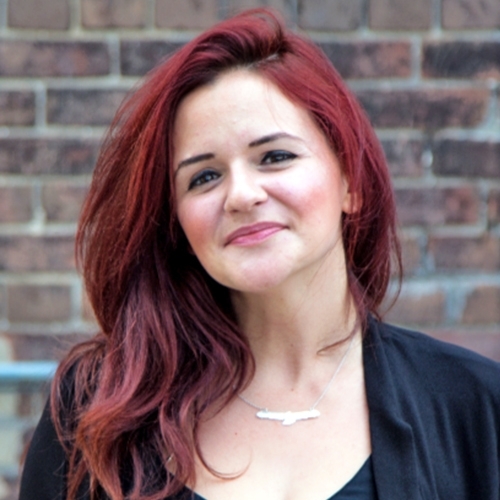
Protecting The Sacred: Honouring Birth Parents Through Planning for the Postpartum Journey

Emily Blackmoon (French/British/Algonquin) (She/Her) is a Registered Social Worker and holistic psychotherapist. She has worked for over 10 years as a therapist and case manager specifically within the urban Indigenous community of Toronto, supporting parents, families, children and youth. In 2014 she completed a 4 year training in Gestalt therapy and is now a supervisor. In her therapy practices, Emily combines Anti-Racist. Anti-Oppressive, and Feminist principals of social work with Gestalt therapy and Indigenous worldviews. Emily works with new parents to support them in developing wholistic, empowered and gentle approaches to the pregnancy/parenting journey.
Participants will be invited to holistically consider the postpartum needs of birth parents. Through an invitation to walk through the various aspects of their human journey - from the spiritual and cultural, to the emotional, the cognitive and the physical- participants will be invited to think critically and holistically about the human needs of those on their journey towards giving birth and after giving birth. Emily will use these directions to invite participants to support professionals in asking their patients and clients: what they want out of their pregnancy/postpartum journey? Who and what is within their constellation of support, and how? How do we support our parents in accessing their own agency to ask for support in the event that they experience the symptoms of postpartum mood and anxiety disorders?
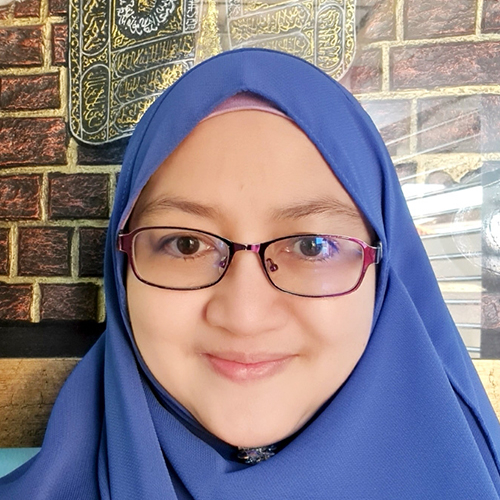
Protocol for Successful Induced Lactation and the Importance of Mahram for Muslim Families

Dr. Anisa has been working as a Consultant Pediatrician for 11 years & an IBCLC for 12 years. Dr. Anisa has a strong belief that breastfeeding saves lives of infants & young children. In order to ensure improvement of the practice of exclusive breastfeeding rate in Malaysia, she established an ambulatory care center with breastfeeding consultation services for the residents in Johor (state) & founded a networking platform for home visit counselling session by trained lactation counsellors that is BCNP (Breastfeeding Counselors Networking Program) since January 2016. Apart from above mentioned, Dr. Anisa is a mother of 4 sons with various breastfeeding experiences, blending with knowledge gained from managing cases in clinic, conferences & readings, she is confident to give lectures related to children health & lactation at national level and internationally. As fractional pediatric lecturer in Monash University Malaysia, she teaches medical students the importance and benefits of breastfeeding to our children & maternal health with hope that future young doctors will support, protect & promote breastfeeding in their services. Since 2009, Dr. Anisa has been a National BFHI Auditor, National lactation center fascilitator, trainer & speaker, and has published 2 books on breastfeeding - Induced lactation guideline & breastfeeding comic (Dr Super Pot Pet). Her deep interest in induce lactation program leads her to present this topic for GOLD Lactation.
The meaning of mahram in Islam is a person with whom marriage is not permissible (haram) and the adopted baby will be able to achieve this mahram status by breastfeeding on her/his adopted mother for at least 5 times (satisfied feeding) before 2 years old according to the Muslim calendar. Subsequently, the baby status is similar to biological child of the adopted parents. Effective consultation is required to ensure the successful process of induced lactation for the aforementioned purpose.
During consultation, breastfeeding benefits are crucial information to be explained to the adopted parents, however achieving mahram status is an additional motivational factor. According to research done by Che Abdul Rahim,N. et.al (2020) there were 6 factors that impacted successful induction of lactation: 1) appropriate protocol, 2) support system, 3) knowledge on breastfeeding technique & use of equipment, 4) time management, 5) mother's nutrition, 6) perseverance & strong motivation through follow up & additional information about expected challenges to overcome.
This presentation provides details on how to successfully induce lactation and how this knowledge can be used to support all families, including Muslim families who are breastfeeding to achieve mahram.
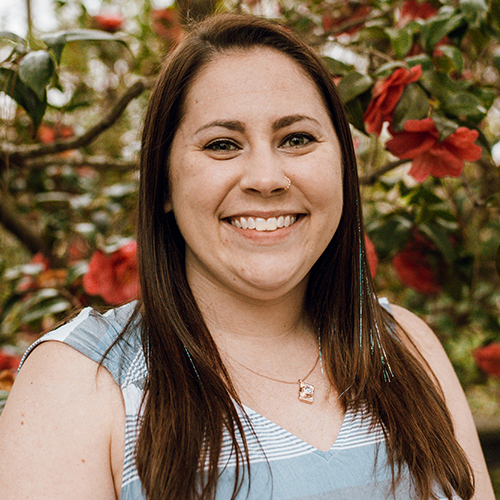
Provider Perceptions of IBCLCs in Primary Care Settings: A Pilot Study

Hope became an IBCLC in 2017, completed her PhD in nutritional biochemistry in 2018, and became a Registered Dietitian Nutritionist (RDN) in 2020. In 2022, she completed the FARE Certificate of Training in Pediatric Food Allergy in order to provide comprehensive care to breastfeeding and formula feeding families struggling with food allergies. In addition to owning and operating Hope Feeds Babies in Rock Hill, SC, Hope is employed full time at Winthrop University as an Assistant Professor and the Graduate Program Director in the Department of Human Nutrition. At Winthrop, Hope runs a research lab that focuses on helping mothers to reach their infant feeding goals, improving access to human milk, and analyzing the nutritional content of human milk.
In 2020, only 25.6% of dyads in the US were exclusively breastfeeding at six months. One contributing factor to low exclusivity rates is the absence of a specialized physician who provides dyad care. Consequently, pediatricians and obstetricians provide lactation education and support in the primary care setting. Little is published about perceptions of and roles related to lactation practices in primary care settings, and no survey instrument exists to investigate these topics. A 58-question survey was developed, validated, and subsequently distributed to primary care providers (PCPs) in the field of maternal and child health to help define current perceptions and practices related to lactation care and referrals. In this pilot study, responses were received from 40 PCPs in the Southeastern United States and included in the analysis. Results highlight areas of strengths and areas for improvement in current practices of PCPs with regards to lactation services. These data can be utilized as a framework for developing interventions and/or programs that will improve lactation care in primary care settings.
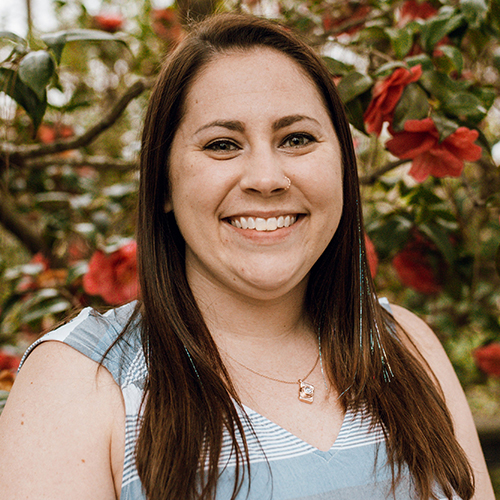
View Details / Enroll
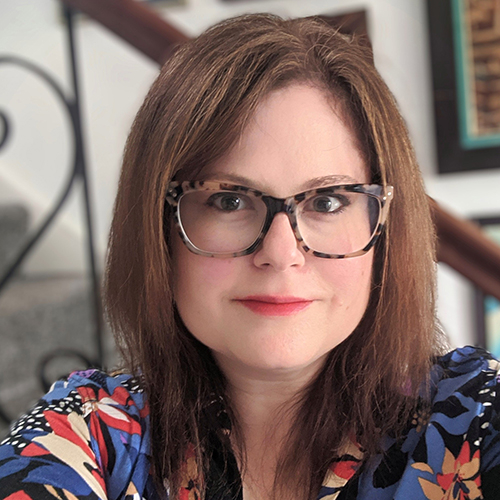
Providing Culturally Sensitive Support for Breastfeeding Muslim Families

Tamara Drenttel Brand holds an MA in Near Eastern Studies from the University of Arizona and a Master’s in Public Health (MPH) from the American University of Beirut. She spent 10 years in the Middle East, where she worked as a public health practitioner, infant and maternal health consultant and an IBCLC. She has supported breastfeeding dyads from all over the world both in private practice and as a volunteer. In 2011, she founded and still actively facilitates “Mama 2 Mama Beirut Breastfeeding Support,” the largest breastfeeding peer support network in the Middle East (currently at 25k+ members). Additionally, she founded Galactablog, a professional group for lactation specialists and those aspiring-to-be (currently at 4.7k+ members) and has authored several articles for La Leche League’s monthly leader publications in both the Middle East and Ireland.
She is currently an international speaker on the topics dealing with breastfeeding in the Middle East, innovative lactation teaching strategies, working in resource-scarce settings, providing culturally sensitive lactation support, developing and implementing peer counselor training programs, mast cell disease and other related topics. Due to her own chronic health conditions, she has a special interest in educating others about mast cell disease and supporting those with chronic illnesses. She currently resides in a seaside village in Ireland with her family.
Topic: Contextualizing Breastfeeding in Lebanon - [View Abstract]
Topic: Lactation Education Outside the Box: Innovative Teaching Strategies to Engage Your Audience - [View Abstract]
Topic: Mast Cell Diseases and Lactation Care in the Post-Covid Era - [View Abstract]
Topic: Providing Culturally Sensitive Support for Breastfeeding Muslim Families - [View Abstract]
Topic: Reflections on a Breastfeeding Peer Counselor Program in Lebanon: Lessons Learned and Looking Forward - [View Abstract]
Lactation professionals can provide invaluable assistance to Muslim families seeking to successfully breastfeed. However, cultural differences and a lack of understanding of Islamic culture could create barriers between professionals and the families they are trying to support. It is crucial that professionals and health care providers are aware of and acknowledge the unique role that culture and religion can play in this dynamic, both to prevent obstacles to breastfeeding and to encourage breastfeeding through culturally specific methods and arguments.
This presentation will show how to adapt your approach, language and content to ensure effective and sensitive care that will be more readily accepted by the mother and her family. It explores what the Qur’an says about breastfeeding and delves into traditional and cultural Islamic attitudes and practices surrounding breastfeeding. Moreover, it will explore the father’s role in Muslim culture and offer religious justification to encourage him to support breastfeeding, as well as issues of wet-nursing, milk sharing and adoption (as it relates to breastfeeding) within the Islamic context. As a participant, you will be encouraged to challenge your own assumptions about Islamic traditional and cultural practices and to use new knowledge gained to empower others to reflect on the benefits of being a culturally sensitive and responsive lactation professional and health care provider.
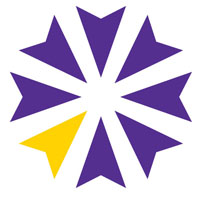
View Details / Enroll
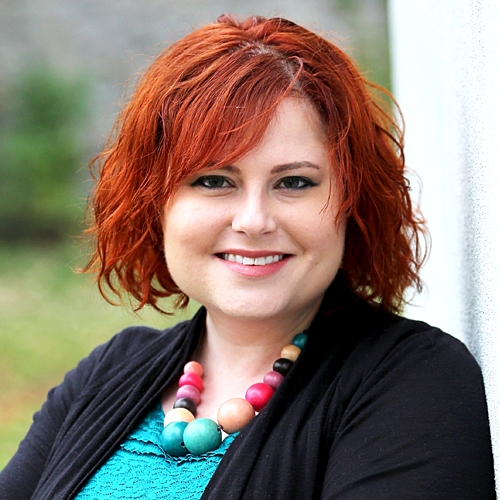
View Details / Enroll
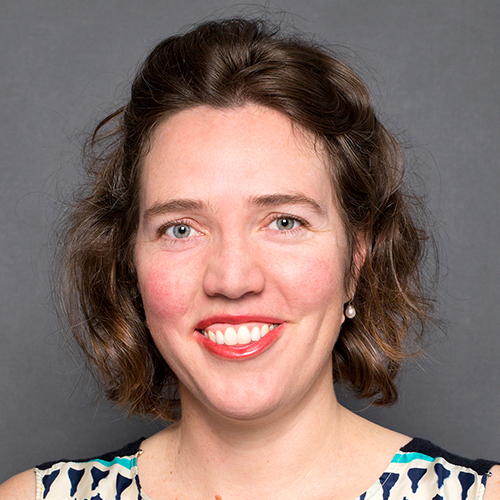
Providing Enhanced Lactation Care for Families Following Late Miscarriage, Stillbirth, Neonatal and Infant Death

Katherine is a Senior Lecturer at School of Sociology, Australian National University. Katherine’s particular areas of interest include the sociology of reproduction and motherhood, perinatal medicine, lactation sciences, human milk banking and donation. Her current projects include an Australian Research Council funded study on maternal experiences of lactation after infant death, and a Mayo Clinic funded research project on the communication with families regarding periviable infant resuscitation.
Every day, around the world, many mothers are faced with the complex task of managing the initial onset, or continuation, of their lactation following a late miscarriage, stillbirth, neonatal or infant loss. This presentation explores findings from a multi-year, multi-site Australian study conducted with bereaved families and health professionals that confirmed the limited nature and scope of lactation care currently available to bereaved families.
This presentation will provide evidence of the need and benefit of approaching lactation after infant death using a biopsychosocial care framework, so that bereaved families are able to make informed decisions from the full array of lactation management options that may be available including: suppression, sustained expression, breastmilk donation or using milk as memento. The challenges involved in providing bereaved lactation care will be acknowledged and discussed. Health professionals will be advised on what information and support bereaved families need and want, how and when this information may be best provided and who may be best placed to offer lactation care to bereaved families.
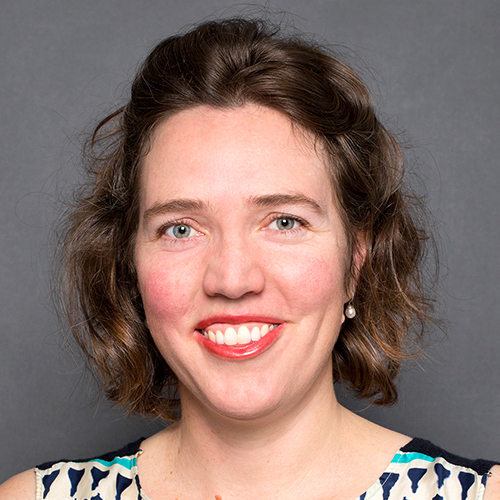
View Details / Enroll


Briana Tillman received her undergraduate degree in International Relations from the United States Military Academy at West Point. She has been a La Leche League Leader for 9 years and is a board certified lactation consultant. After spending 10 years as a stay-at-home mom, she is currently in her third year of medical school at Rocky Vista University College of Osteopathic Medicine in Parker, Colorado. She loves spending time with her husband and three kids—as a family they like to travel, go camping, and play string instruments in “family ensemble.”
Nick is a 3rd year medical student at Rocky Vista University College of Osteopathic Medicine. He has a background in mechanical and systems engineering but found his calling in medicine after volunteering for Health4Haiti in 2011. He lives in Colorado with his wife and they enjoy hiking, camping and fishing in the great outdoors.
Topic: What a Letdown: Exploring the Physiology of the Milk Ejection Reflex - [View Abstract]
Due to the global shortage of mental health professionals, many primary care providers have become the first-line responders to a wide variety of psychiatric concerns. While lactation consultants and breastfeeding support counselors are not called upon to diagnose and treat mental health disorders, they nonetheless often become enmeshed in the topic due to the holistic nature of breastfeeding management. An understanding of the major psychiatric topics that can arise during lactation consultation is therefore a valuable asset.
In this presentation, we will describe mental health benefits and drawbacks of breastfeeding, and explore the controversy surrounding the “breast is best” campaign as it regards maternal mental health. We will also briefly explore the pharmacological and non-pharmacological options in treatment of major psychiatric disorders (e.g. generalized anxiety, major depressive disorder, bipolar mood disorder, schizophrenia) as they relate to lactation. Finally, we will review the scientific literature related to potential long-term mental health effects of breastfeeding on babies.
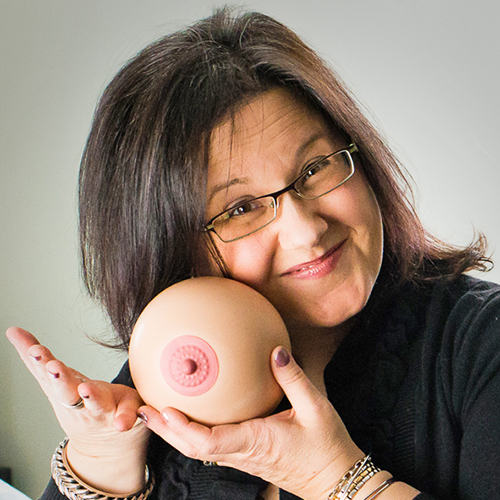
Pumping for Hospitalized Babies: 12 Keys to Supporting Families

Jeanette Mesite Frem, MHS, IBCLC, RLC, CCE is an experienced childbirth educator, IBCLC-lactation consultant and retired birth doula. She started her career working with families while serving as a Peace Corps Volunteer in Côte d'Ivoire, West Africa in the early 90s. She loved that work so much she went on to receive a public health masters degree from Johns Hopkins School of Public Health, focusing her studies on nutrition for maternal and child health. Her two children were breastfed for more than 2 years each and Jeanette has experience pumping at work for both children and has supported more than a thousand families with feeding and pumping over the last 20 years.
Jeanette provides prenatal childbirth and breastfeeding classes at her office in Northborough, Massachusetts, as well as providing virtual and office feeding consultations. She also enjoys leading workshops for perinatal health professionals and mentoring those who work with families. If you have questions, feel free to email [email protected].
Topic: Pumping for Hospitalized Babies: 12 Keys to Supporting Families - [View Abstract]
Perinatal professionals in hospitals have great influence over how much human milk a baby receives, as well as how encouraged parents feel related to pumping and initiating and maintaining their milk production and eventually meeting their infant feeding goals. When hospital staff help with pumping in the early hours, days, and weeks of a new and fragile baby’s life—especially when at breast, chest or body feeding isn’t possible—getting that professional support is likely to make a difference in the long-term health of that child as well as the health of their parent. Healthcare providers can facilitate milk collection and provision of it to babies and support parents with specific and updated guidance on pump choices, pump usage, flange fit and milk storage. Those who work in hospitals with families can make an important positive impact on long-term breastfeeding and human-milk feeding rates. This session will cover 12 simple ways (including the what, why, how, when and where of pumping) that healthcare providers can support parents who pump for their hospitalized baby.

View Details / Enroll
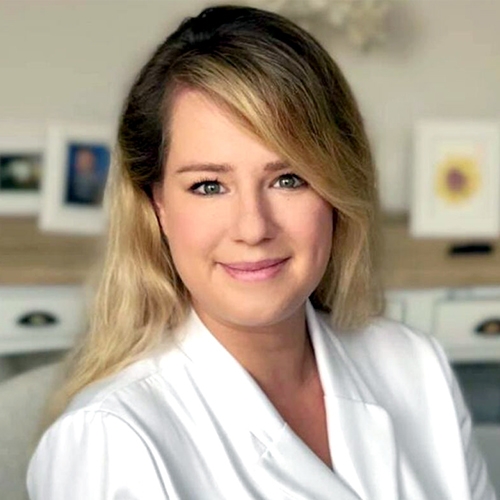

Karolina Ochoa is a Mother-Baby nurse, International Board Certified Lactation Consultant, speaker, and researcher. She has close to a decade of experience in serving breastfeeding families in both in-patient and outpatient settings. Karolina currently runs a successful Private Practice in the Inland Empire, California and she is a CEO of LactationHub.
Her areas of emphasis are clinical management of lactation, behavioral feeding aversions, as well as implementation and management of lactation programs in different healthcare settings. Karolina is passionate about addressing the inequality in access to lactation professionals across the US. She is a big advocate of extended maternity leave for all parents.
Karolina lives with her husband Julio and two lively toddlers in Redlands, CA
Pumping can be a choice or a necessity and the role of Lactation Professionals is to meet the parents where they are at. There are endless reasons for parents to use a breast pump, including prematurity, maternal-infant separation, low milk supply, return to work. Pumping can also be a choice for parents that do not wish to directly latch their baby, called Exclusive Pumping. Pumping parents deserve the same kind of evidence-based care as their exclusively breastfeeding counterparts but are often marginalized. During this workshop, you will learn how to best support a pumping parent: the importance of proper flange sizing, pumping schedules, exclusive pumping, the emotional toll of triple feeding, and how to help parents set realistic goals based on their own values.
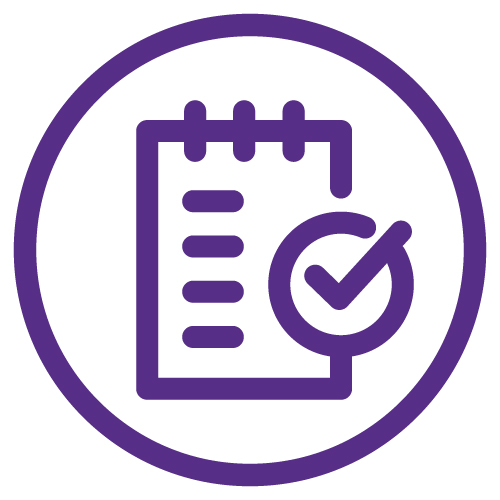
View Details / Enroll
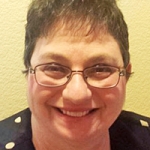

Debbie Albert, PhD, BSN, IBCLC, is a full time lactation consultant at UC Davis Med Center--working with all facets of their lactation service; including maternity floor, level IV NICU, pediatrics, PICU, and Employee Breastfeeding Support Program. She is also a prenatal instructor with their patient education program, nursing staff educator, and chairs the UCD Breastfeeding Task Force and the UCD Breastfeeding Support Program Committee. She received an Employee Excellence Award June, 2013 and June, 2015, and a Nursing Excellence Award in May, 2016. In addition, UC Davis programs have received IBCLC Lactation Care Awards and Sacramento Coalition and California State Coalition Breastfeeding Awards. Debbie has lactation experience in Florida, Texas, and California. She is Member of the LEAARC Board, a member of ILCA’s Equity Committee, and UCD Status of Women Committee. She is married to Dan Albert for 33 years, and has two sons, Josh (28), and David (24).
Raynauds is an illusive condition that tends to be confused with other conditions, misdiagnosed, and consequently rarely treated--causing the breastfeeding dyad to suffer. This program provides a review of the symptoms, medical and lactation resources, and clinical applications that facilitate most the effective treatment/comfort for the patient.

View Details / Enroll

Reflections on a Breastfeeding Peer Counselor Program in Lebanon: Lessons Learned and Looking Forward

Tamara Drenttel Brand holds an MA in Near Eastern Studies from the University of Arizona and a Master’s in Public Health (MPH) from the American University of Beirut. She spent 10 years in the Middle East, where she worked as a public health practitioner, infant and maternal health consultant and an IBCLC. She has supported breastfeeding dyads from all over the world both in private practice and as a volunteer. In 2011, she founded and still actively facilitates “Mama 2 Mama Beirut Breastfeeding Support,” the largest breastfeeding peer support network in the Middle East (currently at 25k+ members). Additionally, she founded Galactablog, a professional group for lactation specialists and those aspiring-to-be (currently at 4.7k+ members) and has authored several articles for La Leche League’s monthly leader publications in both the Middle East and Ireland.
She is currently an international speaker on the topics dealing with breastfeeding in the Middle East, innovative lactation teaching strategies, working in resource-scarce settings, providing culturally sensitive lactation support, developing and implementing peer counselor training programs, mast cell disease and other related topics. Due to her own chronic health conditions, she has a special interest in educating others about mast cell disease and supporting those with chronic illnesses. She currently resides in a seaside village in Ireland with her family.
Topic: Contextualizing Breastfeeding in Lebanon - [View Abstract]
Topic: Lactation Education Outside the Box: Innovative Teaching Strategies to Engage Your Audience - [View Abstract]
Topic: Mast Cell Diseases and Lactation Care in the Post-Covid Era - [View Abstract]
Topic: Providing Culturally Sensitive Support for Breastfeeding Muslim Families - [View Abstract]
Topic: Reflections on a Breastfeeding Peer Counselor Program in Lebanon: Lessons Learned and Looking Forward - [View Abstract]
Breastfeeding rates are exceptionally low in Lebanon. Only 40% of mothers exclusively breastfed through the first month and 2.4% continued to exclusively breastfeed between 4 and 5 months. In 2012, I developed, implemented and evaluated a pilot Breastfeeding Peer Counselor (BPC) Training Program in Beirut, Lebanon. I chose this format since BPCs are adaptable to local contexts and studies have shown that that improve rates of breastfeeding initiation, duration, and exclusivity in a variety of settings and across diverse populations.
The program successfully trained 8 BPCs and led directly to the establishment of the largest mother-to-mother peer breastfeeding online support network in the Middle East (over 11,000 members to date). This presentation will provide participants with the knowledge to develop, adapt, and implement their own BPC Training programs suited to their local context. In addition, this presentation will reflect upon ethical considerations of such programs and will offer guidance on the process of program evaluation. This will allow participants to identify their own program’s strengths and weaknesses, which can improve the effectiveness of subsequent organizations.
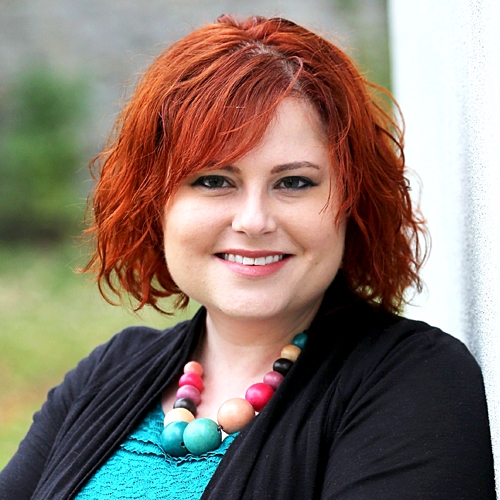
View Details / Enroll




